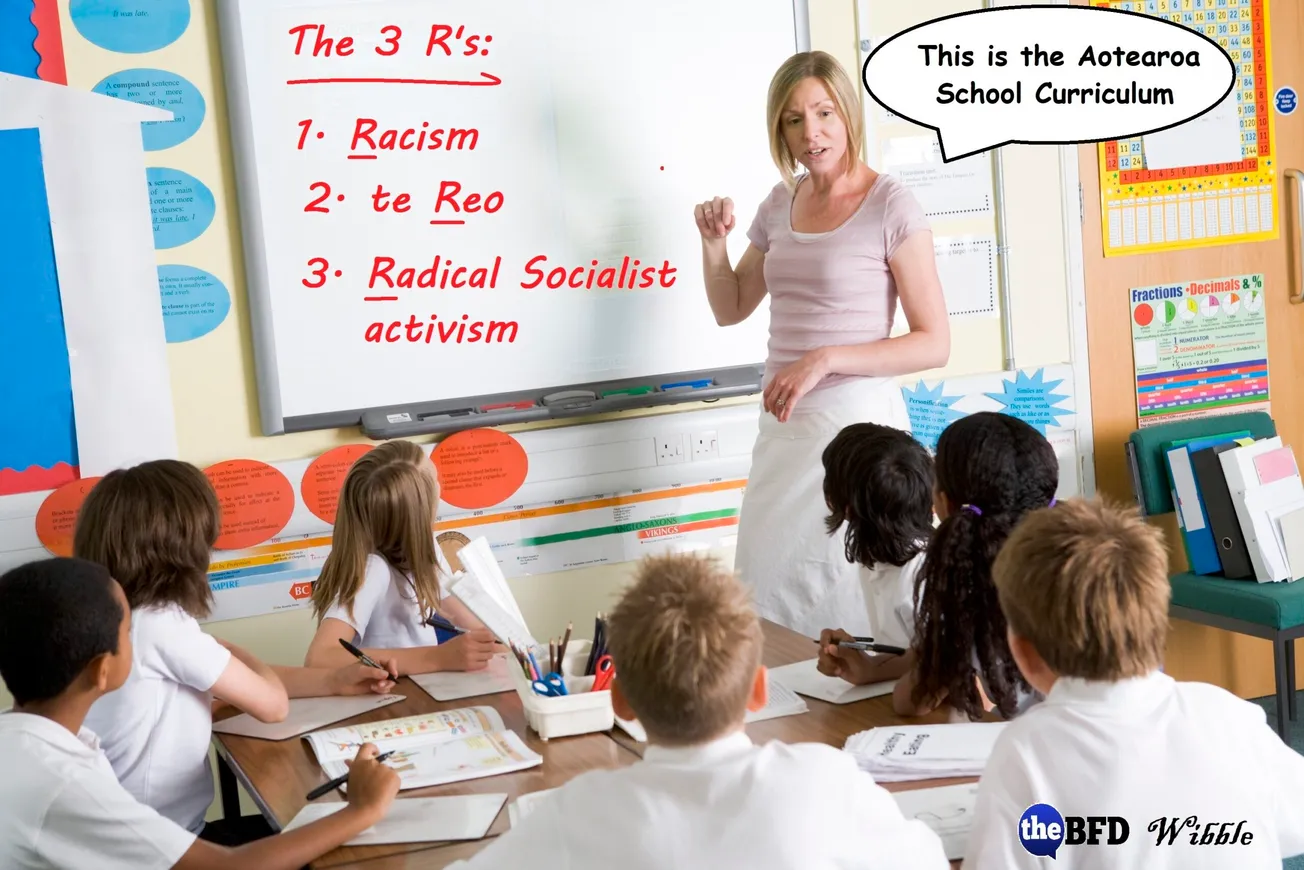Table of Contents
Some years ago, I was accosted on the street by a bunch of striking teachers, demanding that I support their campaign for yet another wage rise. I pointed out, first, that their pay was my taxes, so a pay rise for them meant less money for me. I also pointed out that, if they were rewarded on performance, they’d properly be seeing a pay cut, education standards having consistently fallen for over a decade.
Suffice to say, it did not go over well.
Still, the teacher’s union got their pay rise — and continue to do so, despite educational standards falling ever further. With more front than Myers, each successive fall in results is met with yet another campaign for more money. This, despite an evident inverse relationship between the ever-increasing funding for education and the ever-decreasing results.
It’s almost as if the problem isn’t money at all.
In 2022 almost 13 per cent of boys in year nine did not meet the minimum reading standard assessed through NAPLAN exams in NSW. With schools not only readily accessible but also mandatory in Australia, such statistics ought to horrify every reasonable citizen, regardless of their parental status.
The statistics are not mere numbers, they are Australia’s future. They are real boys- and girls who are on the verge of graduating secondary school without the ability to read a basic novel. I have personally interacted with several stage 6 students who attend both public and independent schools, yet are not capable of reading a standard news article due to a lack of focus and vocabulary.
The statistics, in themselves, prove the issue lies within the very structure of the education system rather than the providential ability for one to attend school.
Ayoub slightly loses me with her next argument, which is a little too like the airy-fairy nonsense peddled by the likes of Dead Poets Society.
Reflecting on the disengagement in the classroom, Sarah referenced esteemed 20th-century education reformist, Charlotte Mason, who […] ‘spoke about a great table that is laid out with a fine feast, and that as teachers and parents as well, are to lay before our children a fine feast of the very best ideas that have been produced throughout human history and let the children develop a storehouse of ideas’ […]
The classroom is not a place to learn, it is not a place to flourish. From the first day of school to the very last, the emphasis on achieving a good HSC result and getting a boxed job is repeated until the point in which most students subconsciously accept it as their fate, toe the line and fuse their thirst to learn. I have been tempted to do so countless times. The mental energy required to push against the grain to allow oneself the human experience of critical thought, is often exhausting, but the cost of not doing so is greater. To concede defeat and fall into line is certain to erode a student’s spirit until they become nothing more than a mere tax-paying statistic.
She speaks as if achieving a good HSC result and getting a “boxed job” is such a terrible thing. Which reeks of the elitist mindset of an Arts graduate. For a great many people the sneered-at “boxed job” is a greatly-desired thing, and for good reason. “Boxed jobs” buy homes, put food on the table, let people save for an annual holiday and for other things they enjoy.
Still, Ayoub has a point when she talks about the “dumbed-down twaddle” fed to kids as literature, and the importance of critical thinking. The problem, though, is that real critical thinking is very hard. We humans are by nature prejudiced, blinkered, tribal apes. Those are very hard habits to break: and curriculum bureaucrats are the last people capable of teaching anyone how to do so.
Controversies have frequently arisen regarding the recent trend of pushing LGBTQ+ ideologies, climate narratives, Critical Race Theory, gender identity theory, and other forms of politically motivated activism in classrooms, promoted by state-implemented curriculums.
Many Australian parents, teachers, and organisations have lobbied against the move, promoting the right to education rather than indoctrination. As a student, I can attest to the fact that every subject is infused with countless political activism, ranging from unquestionable ‘equality’ stances, based on mere human opinion, to apparent ‘climate science’ which assures us that we have a short, miserable life ahead of us if we don’t convert to the cult of Marxist-environmentalism. To have the audacity [to] question such narratives would often see a student shunned as a ‘phobe’ or ‘ist’ of sorts in accordance to the syllabus and its related ‘learning resources’.
Which is where the fashionably-derided since the 60s notion of a classical education comes in. A classical education was classical because it had stood the test of centuries. It produced some of the greatest minds the human race has ever boasted of. Can we say the same of “modern educayshun”?
Sarah explains how reintroducing the classical mode of thought, both in the classroom and in greater society, could result in disagreements being settled with cognitive discussions rather than childish taunts.
‘What we are looking for is to reconstitute the concept, and the practices of civil discourse, which is what our civilisations and great prosperity have been founded on. (…) What we are faced with in the highly political (form of education) is a kind of foe [sic] intellectualism, to me it is quite superficial.’
Spectator Australia
When modern educaytors boast of teaching “critical thinking”, what they really mean is “rote-learned Marxist criticism of un-approved ideas”. Indeed, it is telling that when an Australian philanthropic foundation proposed funding a university course in Western Civilisation, the education industry erupted in spittle-flecked fury.
They wouldn’t want to be shown up, after all.









